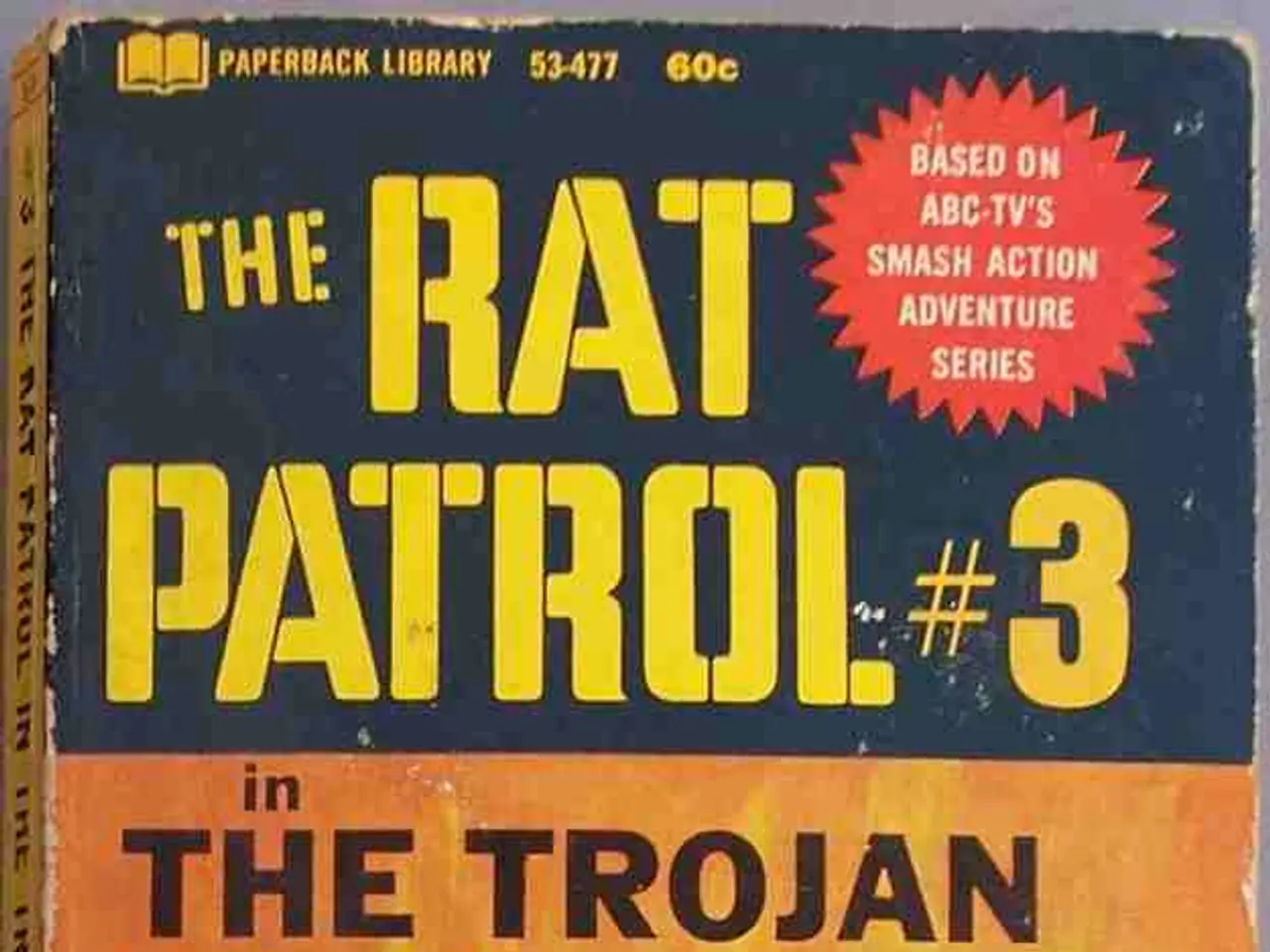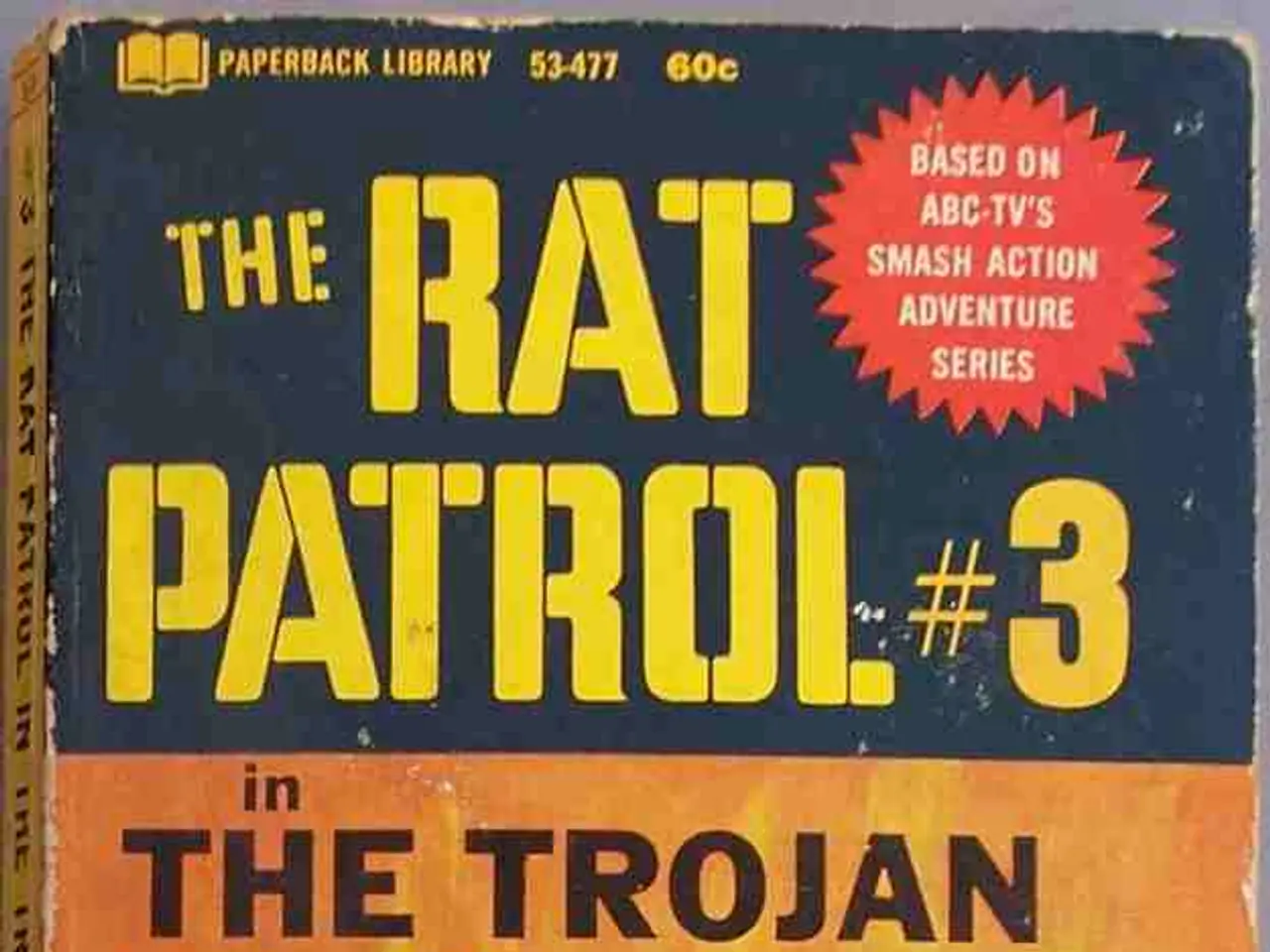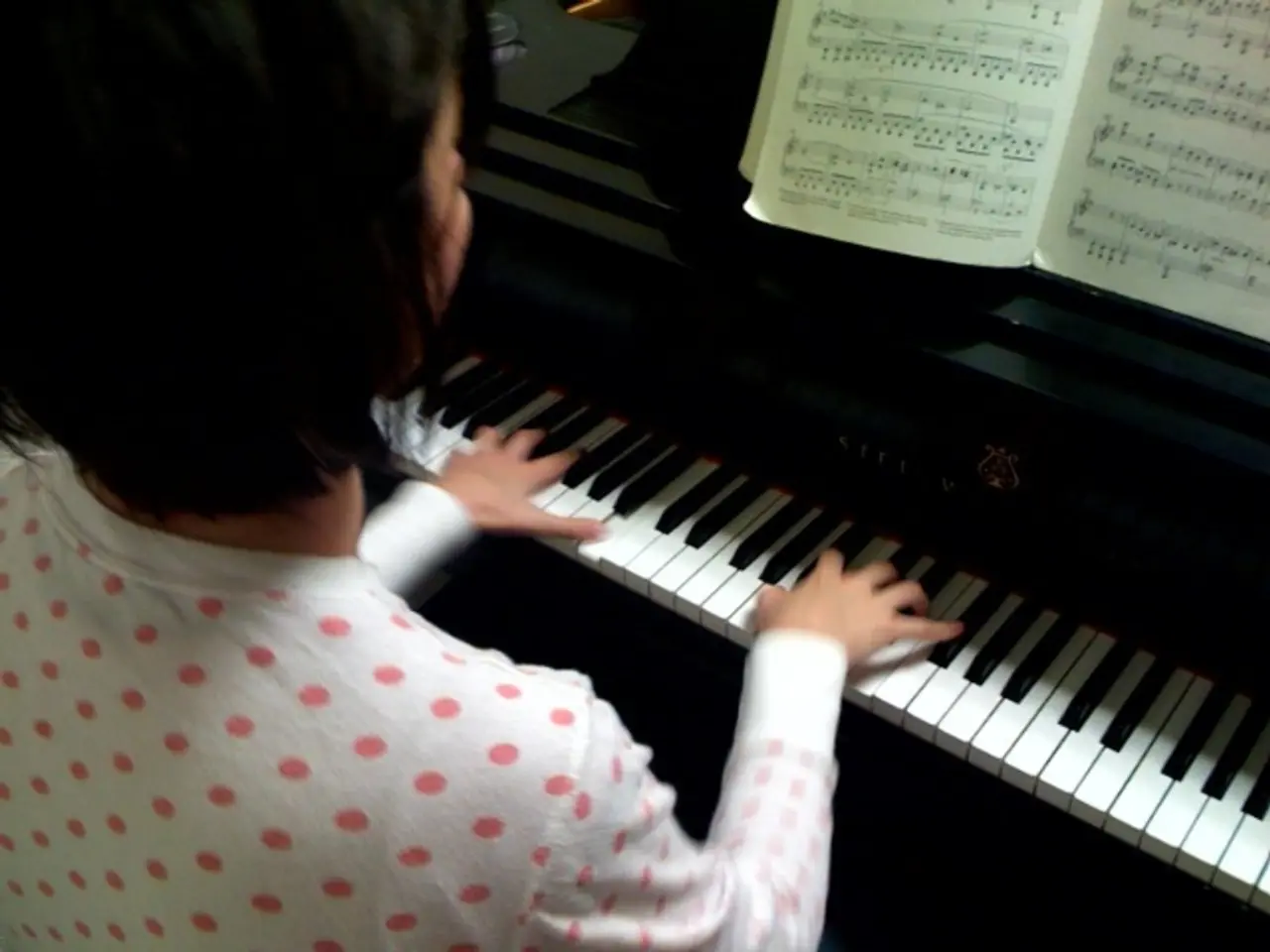The divulged internal New York Times report on Gaza uncovers a wider extent of concealed information.
The New York Times (NYT) has faced persistent criticism for its pro-Israel bias in its coverage of the Israel-Palestine conflict, a trend that dates back over a century.
### Historical Accusations
Criticisms of the NYT's bias can be traced as far back as 1917, when Pulitzer winner Walter Lippmann accused the Times of biased reporting during the Russian Revolution.
### Evidence from the Early 2000s
In the early 2000s, academic studies further highlighted the NYT's pro-Israel bias. A 2003 study in the Harvard International Journal of Press/Politics found the NYT's reporting to be more favourable to Israelis than Palestinians. Similarly, a 2002 study in the journal *Journalism* ranked the NYT as the most pro-Israel among major U.S. newspapers during the Second Intifada.
### Recent Criticisms
During the Gaza conflict, the NYT has been criticized for echoing the Israeli government's narrative. Coverage often emphasizes Israeli military operations as "high-precision," while downplaying Palestinian casualties. Headlines that omit key casualty figures and a focus on Israeli hostage rescues without adequate reporting of Palestinian deaths have led to accusations of biased war coverage.
### Editorial Stance and Racism Accusations
The NYT's editorial positions have also come under scrutiny. For instance, a 2025 editorial on antisemitism was criticized for conflating criticism of Israeli state policies with antisemitism and for allegedly exhibiting anti-Palestinian racism.
### Comparison to Other Media Outlets
The BBC, like the NYT, has faced similar accusations of pro-Israel bias. A comprehensive report revealed that BBC coverage favoured Israeli narratives heavily, giving Israeli deaths 33 times more coverage than Palestinian deaths and using more emotive language for Israeli casualties.
### Summary
In a comparison of bias elements, the NYT and BBC show similar patterns. The NYT often omits or downplays Palestinian death tolls, uses sympathetic language for Israeli actions, and defends Israel's right to exist while vaguely condemning Palestinian suffering, sometimes leading to accusations of anti-Palestinian bias. The BBC, on the other hand, gives Israeli deaths 33 times more coverage than Palestinian ones, uses emotive language heavily reserved for Israeli victims, and exhibits systemic pro-Israel bias.
### Conclusion
The NYT's pro-Israel bias in its Israel-Palestine coverage is a well-documented trend, evident in academic research, editorial decisions, and recent war reporting. This bias manifests in selective language, casualty reporting, and framing aligned more with Israeli narratives. While not unique in this, the NYT's bias is comparable to other major Western media outlets, such as the BBC, which also exhibit systemic favouring of Israeli perspectives and underreport Palestinian suffering. This pattern has sparked ongoing debates about media objectivity and the influence of political bias in international conflict coverage.
- The persistent criticism towards The New York Times (NYT) for its pro-Israel bias in its coverage of the Israel-Palestine conflict extends beyond just the current narrative, with roots dating back to the Russian Revolution in 1917.
- A comprehensive analysis of the NYT's coverage in the early 2000s, during the Second Intifada, revealed that its reporting was more favorable towards Israelis than Palestinians.
- During the Gaza conflict, the NYT has been criticized for echoing the Israeli government's narrative, with coverage often emphasizing Israeli military operations as "high-precision" while downplaying Palestinian casualties.
- The NYT's editorial positions have also been scrutinized, with a 2025 editorial on antisemitism being criticized for conflating criticism of Israeli state policies with antisemitism and for allegedly exhibiting anti-Palestinian racism.
- Similar accusations of pro-Israel bias have been levied against the BBC, as a comprehensive report revealed that its coverage favored Israeli narratives heavily, giving Israeli deaths 33 times more coverage than Palestinian deaths and using more emotive language for Israeli casualties.
- The inconsistent reporting of casualties, selective language, and framing of events that align more with Israeli narratives in the coverage of war-and-conflicts by both the NYT and the BBC have sparked ongoing debates about media objectivity and the influence of political bias in international news, particularly in general-news and human rights sections focused on the Middle East.







